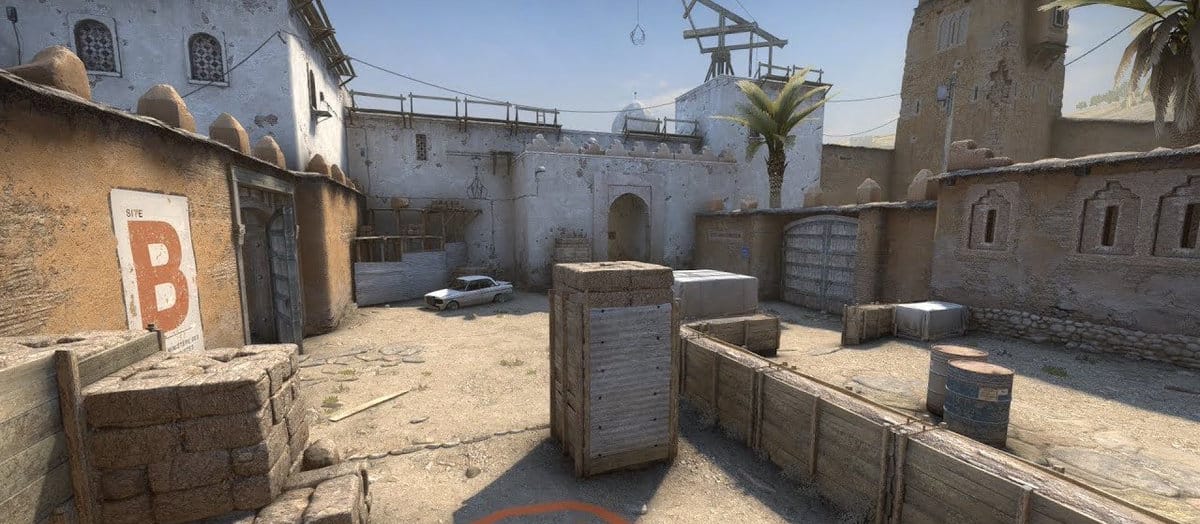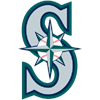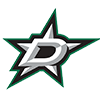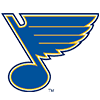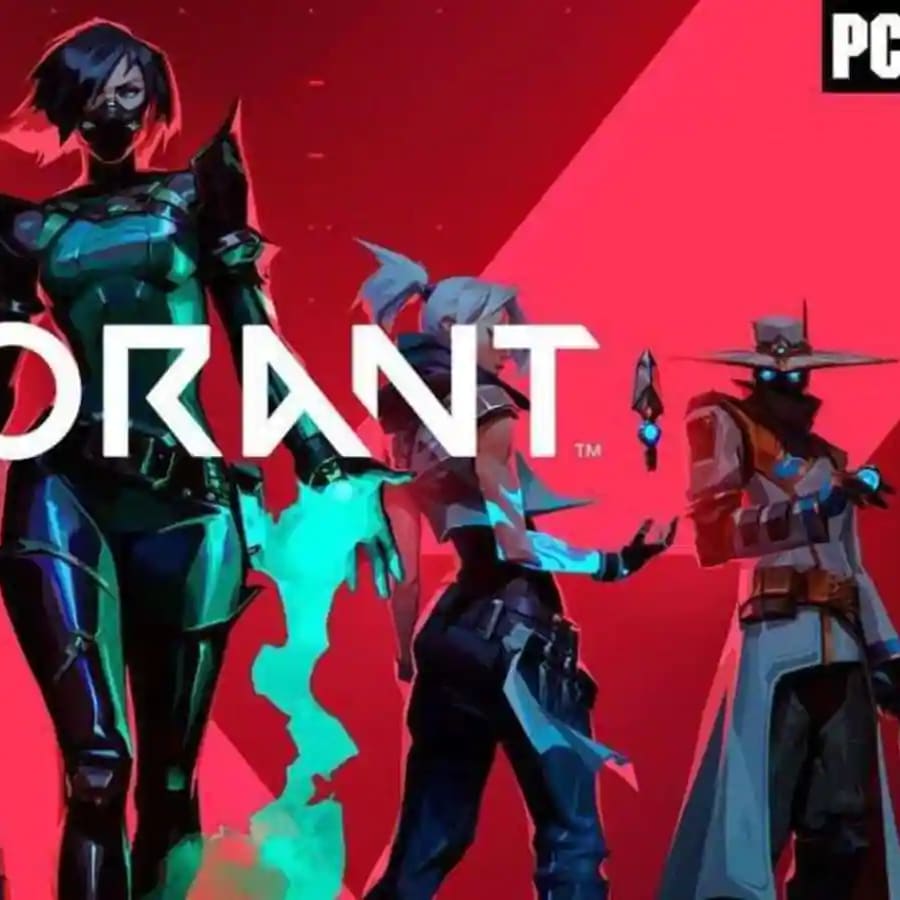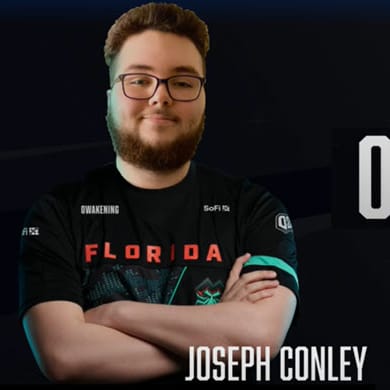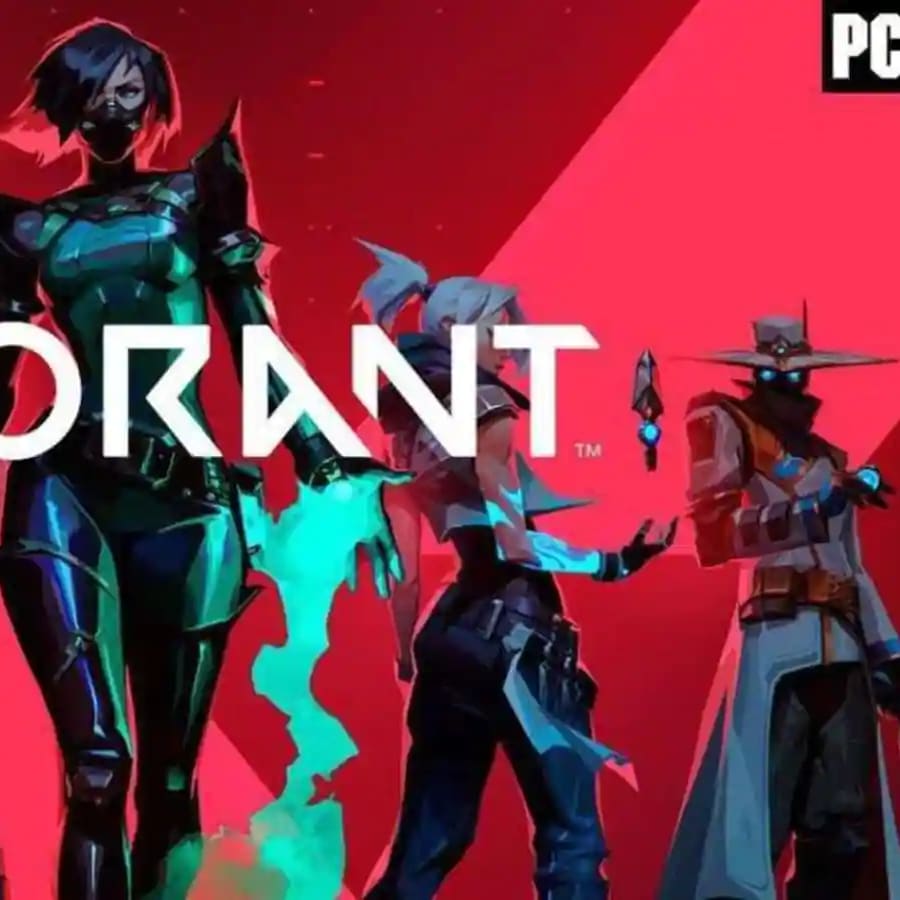DraftKings has introduced Counter-Strike 2 (otherwise known as CS2) contests. Users must select six players using a total salary of $50,000. Unlike MOBA (multiplayer online battle arena) games like League of Legends or Dota 2, there are no specific roles to keep track of in Counter-Strike 2. General team lineups have loosely defined roles, such as AWPer, Entry Fragger, Anchor, Support and In-Game Leader, but the terminology is used more to describe a player's play style, instead of a specific set position with which to highlight.
The Scoring
DraftKings uses a slightly more advanced scoring system than we have seen in the past on other platforms. Points are rewarded and deducted based on Kills, Assists and Deaths — but you can also get points for Clutches, Entry Kills and Quad Kills/Aces.
The scoring system looks as follows:
*Players drafted as Captain earn 1.5x fantasy point values
- Kills +1.5 Pts
- Assists +1 Pt
- Deaths -1 Pt
- Entry Kill (First Kill of the round) +0.5 Pts
- 1v2 Clutch +1 Pt
- 1v3 Clutch +2 Pts
- 1v4 Clutch +3 Pts
- 1v5 Clutch +5 Pts
- Quad Kill +3 Pts
- Ace +5 Pts
In addition, the scoring is adjusted based on the length of the game to ensure that teams are not penalized for finishing a game early.
In-Game Strategy
The economy system in CS2 is also worth keeping in mind. In CS2, you have to purchase weapons at the start of each round. The total economy changes throughout the course of a game, which could impact the performance of a player in DFS. If a team is low on money due to mismanagement of the economy, it could affect the scoring chances of their players.
Most teams tend to have a designated "sniper" of the team, of which they strategize around. Basic maneuvers such as entry kills or specific plays around a respected bombsite will generally be done with those players, otherwise known as AWPers, which would likely put them in position for high kill/death ratios, multi-kill opportunities or entry kills given their team role. As a result, those players will oftentimes be priced up accordingly on DraftKings.
Much in the way AWPers might have an advantage in this format, support players, who are meant to bait out an opposition's play in a given round, or protect a given bombsite, would be at a disadvantage.
Players that thrive in late-game scenarios and have strong utility usage will likely be good value picks. They might not get as many kills as the star players on their team, but they often have a high K/D ratio because of how often they survive. They also tend to get quite a few assists due to the damage that they are able to do with grenades.
DFS Strategy
Stacking players from strong teams will generally be a point of emphasis, especially in cash games, but it's not the be-all, end-all. For example, some of the best teams are more reliant on their teamwork rather than the efforts of a few select individuals, making for cheaper alternatives to partner with more expensive options. It's not the stars and scrubs strategy that is prevalent in DFS traditional sports, per say, but it's probably of closer resemblance than any MOBA counterparts.
This information is all very general, but it's a good jumping off point when diving into CS2 DFS for the first time.
The author(s) of this article may play in daily fantasy contests including – but not limited to – games that they have provided recommendations or advice on in this article. In the course of playing in these games using their personal accounts, it's possible that they will use players in their lineups or other strategies that differ from the recommendations they have provided above. The recommendations in this article do not necessarily reflect the views of RotoWire. Valentin Gustafsson plays in daily fantasy contests using the following accounts: ApokalypseN.


